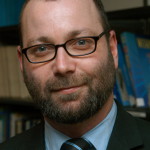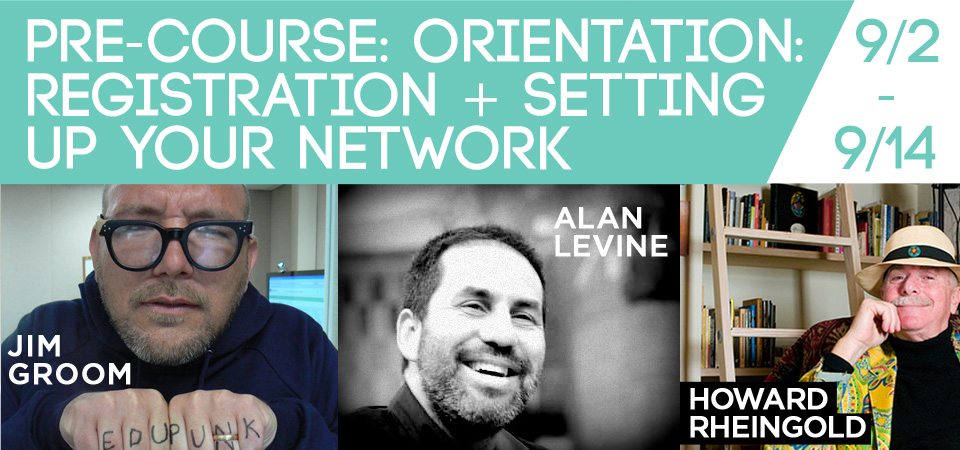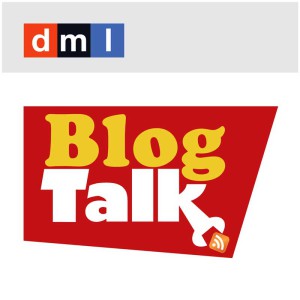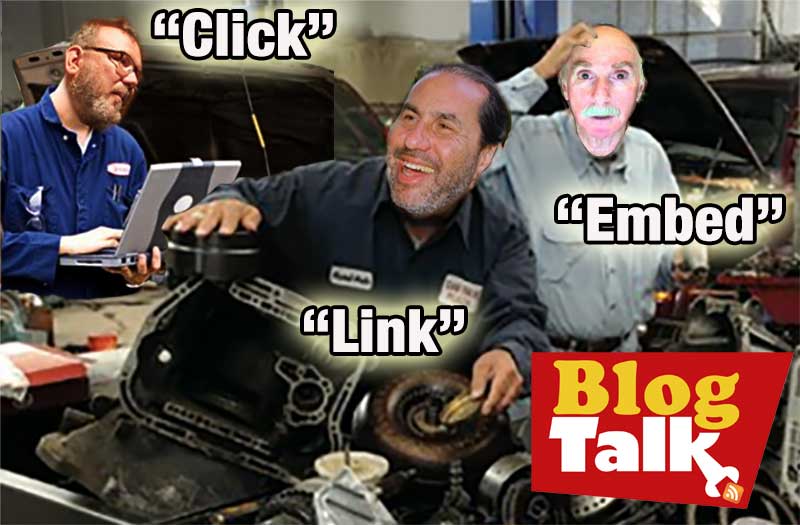The thing that excites me most about the web is the idea of taking back the means of cultural production, even if only for a moment. That’s probably why ds106 still remains the higlight of my time as an edtech. I felt like a group of people coordinated their energy in order to take over the means of both production and distribution. They created in a variety of ways, often times as an interactive critique of the media culture within which they exist. I had joked quite a bit when ds106radio and ds106tv were emerging that we controlled the “vertical and the horizontal” —the “outter limits” of cultural production. For a moment it felt like we truly were the network—and that was sublime.

Now there are limits to the time and energy any given group of people can devote to something so intense, and you can’t force it. It comes when it comes, and goes when it goes. That said, there are some conditions you can create to make the soil more fertile, and I that’s what I see as the real value of the Connected Courses experience running this fall. A whole bunch of people will be workig together to frame the conditions of possibility that might engender magic in a connected course, acknowledging that networked magic is often tied to a whole lot of labor.
I like the way Laura Hilliger frames the class in her post about it earlier today:
The coursework will help you understand how we work in the digital space by demystifying the tools and trade of openness. We’ll explore why you might run a Connectivist learning experience, how to get started, how to connect online and offline participants, and how to MAKE things that support this kind of learning.
We’ll talk about building networks, maintaining networks, diversifying networks and living and working in a connected space. We’ll learn together, share ideas and start making action plans for our own connected courses.
A course like this is all about demistifying the means of production to lay bear how one might run a connected course. She also alludes to the intense work it takes to build and maintain networks, diversify your connections, and work collaboratively to build your online identity. There’s a lot of labor involved, but that can be rewarded with the sense of real accomplishment and empowerment that results from building not only your own connected course hub—but your online networks.
But the real reason to do it doesn’t have nearly as much to do with laying bear the materialism of the web or raging against institutional siloes or building your network—though all of those would get you a passing grade on the test. The real reason is there’s possibility of magic in such an approach. There’s a point where the time, energy, and faith in a seed of networked learning could transform into an experience of taking over the means of cultural production for even a moment—creating a networked space where you’re course transforms into a community of people become producers, distributors, and consumers simulataneosuly. The vertical and the horizontal. That’s become the high watermark of online, open, connected learning for me, and my paltry contribution to Connected Courses is trying to share and model how a group of us built the infrastrcuture, communtiy, and ethos around ds106.














